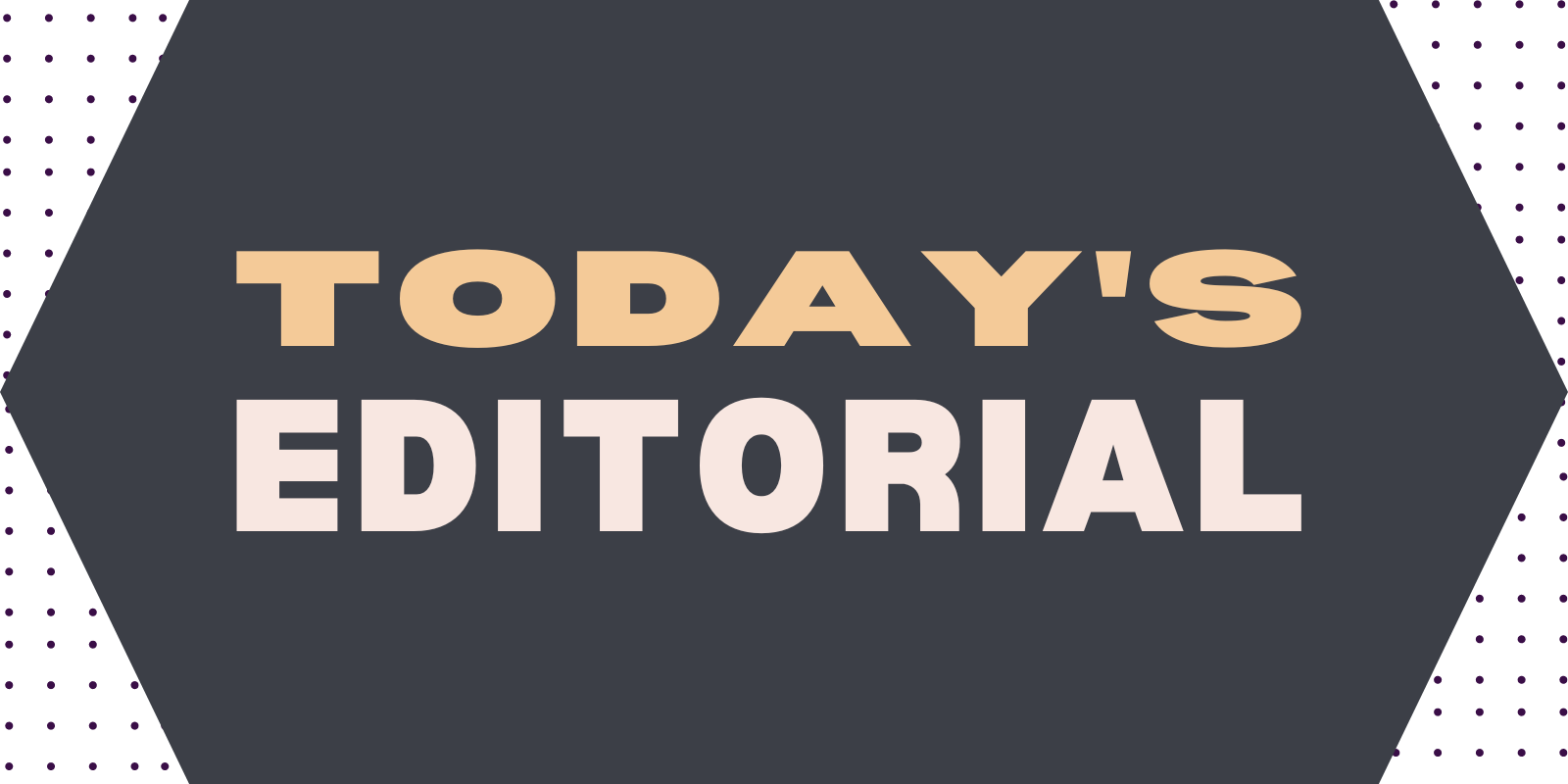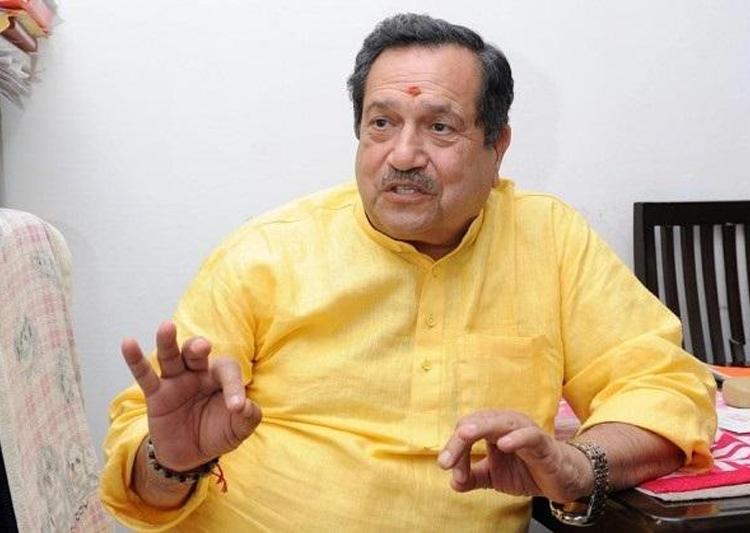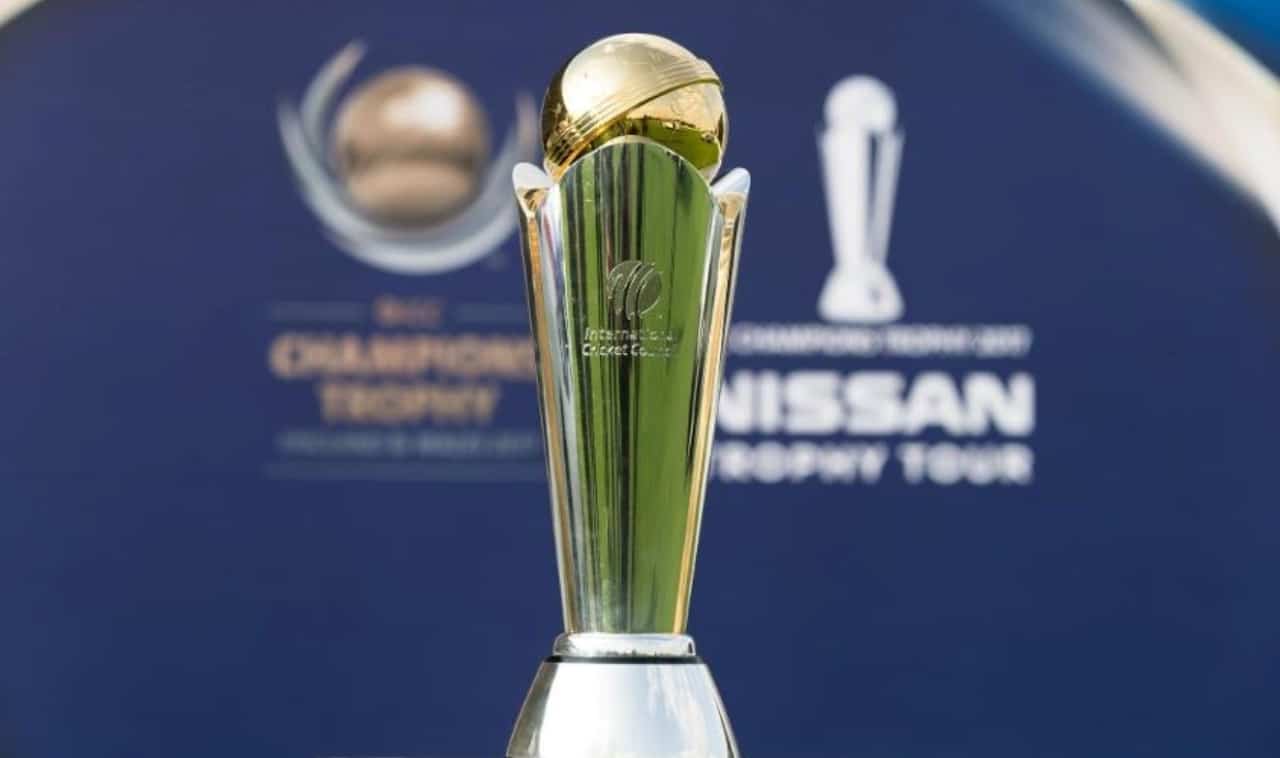Modi’s master stroke

Even before the Opposition’s Indian National Democratic Inclusive Alliance (I.N.D.I.A.) bloc could come to grips with its own contradictions Prime Minister Narendra Modi’s shrewd move for a resolution in the special Parliament session from September 18 to 22, can be perceived as the real master stroke. Though the Opposition and the Lutyens media may claim that a rattled Modi has to take such an extreme step, it will certainly have no takers. They should introspect if their obsession towards the Bharatiya Janata Party (BJP), more so with Modi, and frequent allegations that the rightist party is saffronizing all institutions, including educational, justifiable in the people’s court. Moreover, who has brought the first private Bill in Rajya Sabha to rename India as Bharat? It was Congress member Shantaram Naik in 2012. He reintroduced the Bill in the same House as earlier one had lapsed on account of his term coming to an end. Hence, Modi has not come up with any extraordinary decision as it is also clearly embedded in Article 1 of the Constitution, which acknowledges India as Bharat. So who is rattled, Modi or the Opposition? Is it not a fact that the Opposition was against the BJP-led National Democratic Alliance (NDA) government at the Centre implementing whatever promised in its 2014 and 2019 election manifestoes? It is the rightist party’s resolve that it could succeed in its efforts to implicate all and sundry in the Opposition, whose leaders are involved in corruption – from Lalu Prasad Yadav to Chidambarams to Mamata Banerjee to Gandhis (Sonia and her son Rahul), or successfully fighting over the disputed Ram Janmabhoomi site at Ayodhya in its first tenure in 2014 and later abrogation of Article 370 and 35A to declare disputed Jammu and Kashmir (J&K) as an integral part of India, or bringing in a law to ban triple talaq or completion of historic Ram temple construction to name a few? This was despite some parties like Shiromani Akali Dal, the undivided Shiv Sena or others walking out of the alliance, citing petty issues.
Apart from these, NDA’s other pending promises include the Uniform Civil Code (UCC) and One Nation, One Election. Although the rightist party may indeed have a hidden agenda like declaring the country as a Hindu Rashtra, it did mention in its election campaigns establishing what they describe as Akhand Bharat, which existed before the invasion of Moghuls and Britishers. However, on a few occasions, the most aggressive Union Home Minister Amit Shah or Defence Minister Rajnath Singh did not mince words whenever the Pakistan-Occupied Kashmir (PoK) issue cropped up in Parliament. This apart, the Modi government has also brazened out against expansionist China, whenever it dared to encroach upon Indian territory in Arunachal Pradesh, J&K and in other north-eastern states which are all along the enemy’s borders. Or fulfilling Modi’s promise of striking terror camps inside Pakistan for the Pulwama attack, in which terrorists killed 40 Central Reserve Police Force personnel. Against that backdrop, name-changing of states, roads or any other public places in independent India is not new. Can the Opposition, especially the Congress or the Dravidian party, deny changing the names from Madras to Chennai or Calcutta to Kolkata or Bombay to Mumbai? The BJP has also named the Aurangzeb Road after former President APJ Abdul Kalam, during its rule of the New Delhi Municipal Corporation (NDMC) in 2015. A year later, the Race Course Road, the elite address for the Prime Minister’s residence, was changed to Lok Kalyan Marg. And Congress, when it was ruling the NDMC, too changed the iconic Connaught Place in Delhi to Rajiv Chowk amid massive criticism of the sycophantic recommendation by a party leader.
Hence, the decision to send out invitations to visiting G-20 leaders as President of Bharat followed by the Prime Minister’s official announcement that he would be introducing a Bill to change India’s name to Bharat only explains the government’s intentions to fulfil all its electoral promises, which includes reestablishment of a Hindu state sooner than later. Thus far, the Modi government, which appears in a great hurry to implement all its electoral assurances, which include bringing in legislation to ensure One Nation, One Law through UCC and One Nation, One Election to conduct elections simultaneously to the Lok Sabha as well as state assemblies, besides the Women’s Reservation Bill, are all set to be introduced in the special session, though none of them may get vetting of both the Houses and the President. Yet, the NDA can go to the electorate holding its head high, to seek their support for the third consecutive term to fulfill these promises. Against that backdrop, one will know, which of the alliances – Opposition’s I.N.D.I.A. bloc or the BJP-led Bharat Democratic Alliance (BDA from NDA) – gets the electorate acceptance as they happen to be ‘Masters in Electoral Democracy’.



